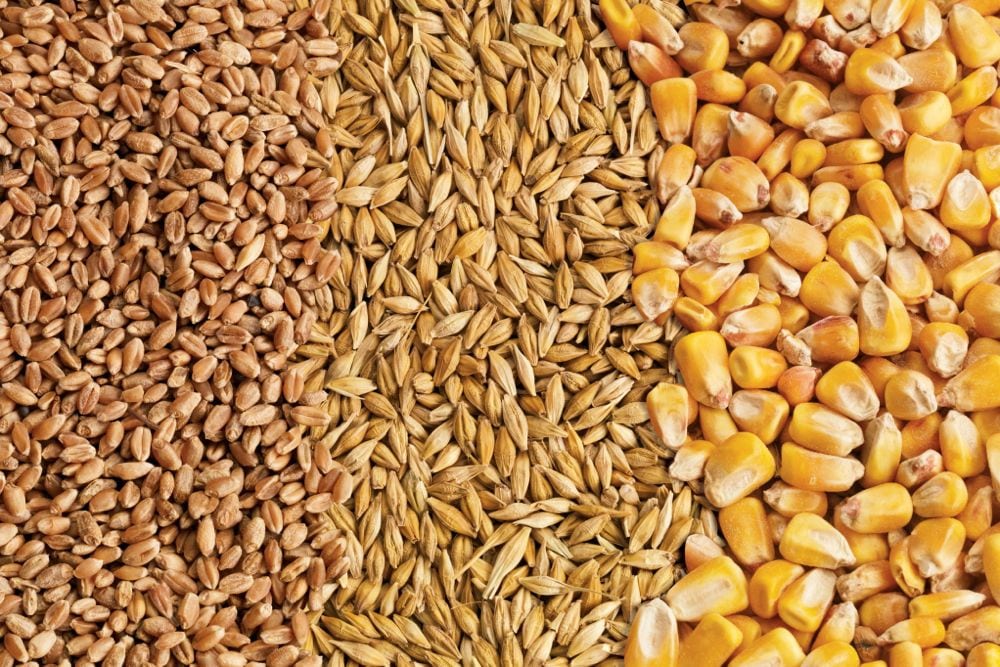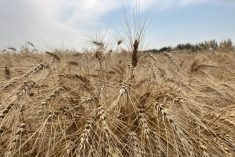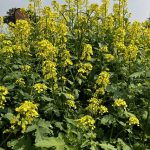Paris | Reuters — France will proceed with a ban on major crop uses of herbicide S-metolachlor owing to concerns over water pollution, with farmers able to use the product for another 18 months, the agriculture ministry said on Friday.
The decision follows a ruling in February by health and safety agency ANSES that main applications of the herbicide, originally produced by Swiss chemicals company Syngenta, should be banned.
The regulator’s move had been welcomed by anti-pesticide associations but upset farming groups and the government because it could leave France, the European Union’s biggest crop producer, at a disadvantage compared with other countries.
Read Also

Feed Grains Weekly: More consideration being given to U.S. corn
There’s beginning to be a shift within the Canadian Prairie feed market towards importing United States corn, said Darcy Haley, vice-president of Ag Value Brokers in Lethbridge.
The ability to use crop chemicals containing S-metolachlor for another 18 months will give France to time to seek an EU-wide ban on the substance, which is being reviewed by the European Food Safety Authority (EFSA), the agriculture ministry said in a statement.
France will request an EU-wide withdrawal of S-metolachlor-based products at a May 24-25 meeting of an EU committee on active substances, the ministry added.
ANSES, which confirmed the ban on key S-metolachlor products in updated notices on its website, had said in February that it was taking into account that the European Chemical Agency had said S-metolachlor was suspected of causing cancer.
The withdrawal of the product will most notably effect maize (corn) and sunflower crops.
Syngenta France had said in February that it was surprised by the position taken by ANSES and that there was no proven health risk linked to products containing S-metolachlor.
S-metolachlor is an active ingredient in several herbicides registered in Canada, such as Syngenta’s Halex, Lumax, Acuron, Boundary, Dual II Magnum and Primextra II Magnum, among others. UPL, Sharda, Newagco and Corteva also hold S-metolachlor registrations.
Health Canada’s Pest Management Regulatory Agency in 2018 announced a re-evaluation for the chemical — a routine PMRA process to review whether a chemical’s use” continues to be acceptable in terms of value, human health and the environment according to current standards.”
The agency had said in 2018 it planned to release a re-evaluation decision for public review by March 2020, but hasn’t yet published its decision.
— Reporting for Reuters by Gus Trompiz and Tassilo Hummel. Includes files from Glacier FarmMedia Network staff.
















